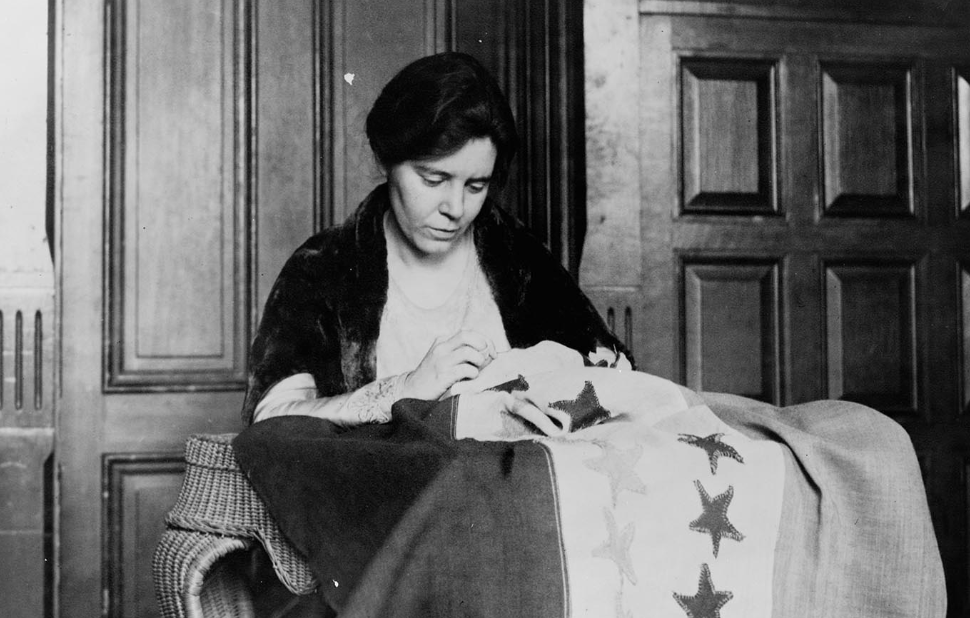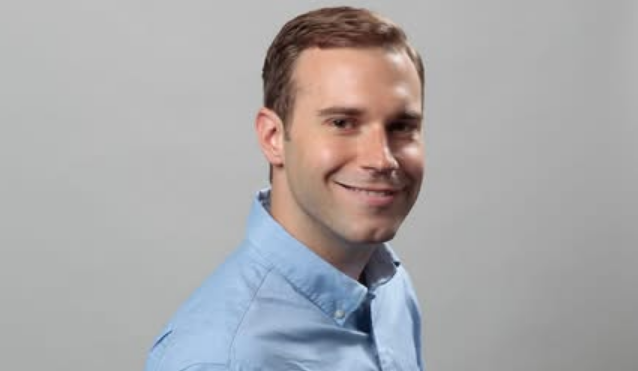
The League of Women Voters has somehow morphed into a radical left wing organization.
That’s the view of some Republicans and this transformation apparently began a few years ago. That’s when some GOP candidates declined invitations to appear at League campaign forums.
Just this week, two Republicans running in the Monmouth County GOP primary are following that pattern. Here is the relevant statement:
“Monmouth County Conservative Republican candidates Danielle Bellomo and Katie Kelliher have declined to take part in the League of Women voters forum prior to the June 10 Primary Election, saying the League is little more than an extension of the progressive Democrat party.”
Bellomo is running for county clerk, challenging incumbent Christine Hanlon.
Kelliher is running for county commission. Two seats are up and the incumbents are Thomas Arnone and Dominick “Nick” DiRocco.
The intra-party battle line here is easy to see. Bellomo and Kelliher claim to be the “real” conservatives in the race. Disputes over which candidates are the “true” conservatives are common in Republican primaries.
The story here, however, is the refusal to take part in a LWV forum.
Bellomo says the League stands for “almost everything I object to”
Kelliher likewise dismissed the LWV invitation saying the group is a “notorious supporter of liberal Democratic causes and is made up mostly of Democrats.”
For the record, the national League of Women Voters says it is:
“A nonpartisan, grassroots organization working to protect and expand voting rights and ensure everyone is represented in our democracy. We empower voters and defend democracy through advocacy, education, and litigation, at the local, state, and national levels.”
One overall problem may be the polarization of the day. In the “distant” past, both Republicans and Democrats to some extent supported expanding voter rights and, generally speaking, the rights of women. So, the League was in line with both parties. Those days are gone. Even the simple act of voting, for instance, divides the parties.
LWV forums – they’re not called debates – do at times leave something to be desired. I have seen many over the years. The questions at times are overly esoteric and I have seen moderators who are unfamiliar with local issues.
At the same time, these forums give candidates a chance to say their piece and to contrast themselves with their opponents. Viewership is not enormous, but suffice to say, those who do watch are likely to vote.
No matter the perceived political leanings of the LWV, one might think that those challenging incumbents would find the exposure valuable.
Not so in this case.
Bellomo and Kelliher argue that the incumbents have become “feckless” and are pushing the county to the left.
“I’m running in the Republican Primary Election on June 10, not the Democratic Primary. I stand with President Trump, not with Alexandria Ocasio-Cortez,” is how Kelliher put it.
Here is a statement from the League.
The League of Women Voters of Monmouth County (LWV Monmouth) is disappointed to learn that candidates Bellomo and Kelliher are declining the invitation to participate in a League-organized forum for candidates in the June 10 Republican Primary, per their press release dated April 28, 2025.
LWV Monmouth extends forum invitations to candidates in competitive races throughout Monmouth County in advance of every election as a service to voters. Available dates are offered on a first come, first served basis to candidates at every level – Board of Education, Municipal, County, State, and Congressional. This spring, LWV Monmouth extended invitations for eleven primary races – both Republican and Democratic. Candidates are working now to find dates that fit their schedules.
The League of Women Voters has a long history of conducting candidate forums, but this isn’t about the League: it’s about voters. Forums hosted by LWV Monmouth provide a platform for voters to learn about who will be on their ballot and for candidates to share their views. When candidates refuse to participate, the voters lose, and democracy suffers.
“LWV Monmouth is a nonpartisan community organization and never supports or opposes any political party or any candidate,” explains President Evelyn C. Murphy, PhD.
“The League is and has always been a political organization, advocating for equitable voting access for all and working on vital issues of concern to our members and the public. We never ask our members’ political affiliation when they join our organization.
“The League’s advocacy work is issues-based, and we arrive at our policy positions through careful study and input from our members. We never derive our positions from politicians, and even when candidates or parties support the same issue, we never endorse them.
“To learn more about the League’s commitment to nonpartisanship, check out this piece from the League of Women Voters of the United States.”
LWV Monmouth will begin scheduling forums for the November general election in early July.
The League of Women Voters has long been known for its nonpartisan approach to promoting civic engagement and voter education. However, in recent years, the organization has been evolving towards a more left-wing perspective, particularly on issues related to social justice and equality.
One of the driving forces behind this shift is the changing demographics of the organization. As younger, more progressive women have become increasingly involved in the League, they have pushed for a more activist approach to advocacy. This has led to the organization taking stronger stances on issues such as reproductive rights, LGBTQ rights, and racial justice.
Another factor influencing the League’s evolution is the current political climate. With the rise of right-wing populism and attacks on democratic norms, many members of the organization feel a sense of urgency to defend and promote progressive values. This has led to increased collaboration with other left-leaning organizations and a more vocal presence in political debates.
The League’s shift towards a left-wing perspective has not been without controversy. Some longtime members have expressed concerns that the organization is straying from its nonpartisan roots and risking alienating more conservative members. However, supporters of the new direction argue that it is necessary to adapt to the current political landscape and effectively advocate for the rights of all women.
Overall, the League of Women Voters’ evolution towards a left-wing perspective reflects the broader trend of increased political polarization in the United States. As the organization continues to navigate these challenges, it will be interesting to see how it balances its commitment to nonpartisanship with its growing emphasis on progressive values.



